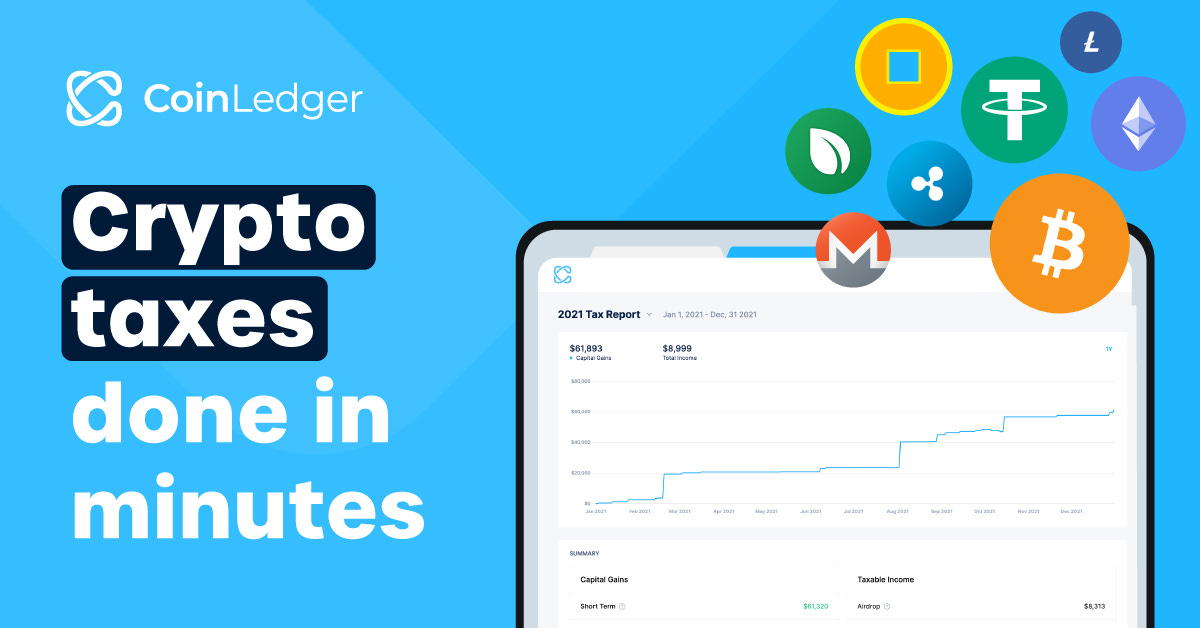Cryptocurrency is revolutionizing finance — but it’s also giving tax professionals a serious headache. If you’re earning passive income through staking or actively participating in mining, you might be wondering: How does the IRS treat this income?
Let’s break it all down in plain English.
Mining vs. 🔒 Staking: What's the Difference?
Before diving into tax rules, it helps to understand what these terms mean:
Crypto Mining involves using computational power to validate transactions on blockchain networks like Bitcoin. Miners are rewarded with new coins.
Crypto Staking is when users lock up their crypto in a proof-of-stake (PoS) network like Ethereum to help validate transactions. In return, they earn staking rewards.
Both are methods of earning crypto, but the IRS treats these earnings as taxable income — and that’s where things get interesting.
Tax Treatment of Crypto Mining
✅ Mining as a Hobby
If you mine occasionally with your own equipment — no business setup, no revenue goals — the IRS treats it like hobby income.
You owe ordinary income tax when you receive the crypto.
The value is based on the fair market price at the time the coins hit your wallet.
You can’t deduct expenses like electricity or hardware.
Example:
You mine 0.01 BTC when Bitcoin is $50,000 → $500 of taxable income.
Mining as a Business
Set up an LLC or operate with profit intent? Now you’re in business income territory.
You still pay ordinary income tax, but now also self-employment tax (around 15.3%).
You can deduct costs — including electricity, gear, repairs, and internet bills.
Your earnings are reported on Schedule C of your tax return.
💡 Tip: Keep detailed logs of expenses. It could save you thousands in taxes.
Tax Treatment of Staking Rewards
Staking is often seen as a more passive way to earn, but the IRS still treats it like active income.
The moment staking rewards are received — even if you don’t sell — you owe ordinary income tax.
The value is again based on the market price at the time of receipt.
Example:
You receive 2 ETH in staking rewards when ETH is $2,500 → $5,000 in taxable income.
When you later sell that ETH, any gain or loss will be subject to capital gains tax.
This results in double taxation:
Income tax when received.
Capital gains tax when sold.
Timing and Reporting Can Be a Nightmare
Especially with staking, rewards often come in small, frequent payouts. That makes manual tracking unrealistic.
✅ Use crypto tax tools like:
Koinly, or
These platforms track:
Date and time of reward receipt
Market value at that time
Cost basis for future capital gains
Forms you may need:
Schedule 1 or Schedule C – for reporting income
Form 8949 – for capital gains
Form 8938 / FBAR – if using foreign exchanges with high balances
A Legal Gray Area: The Jarrett Case
In 2021, a couple (the Jarretts) challenged the IRS over staking taxes. They argued that newly created staking rewards shouldn’t be taxed until sold, not received.
The IRS backed down and refunded their taxes — but didn’t change its official stance. So unless there's a new IRS ruling, it’s safest to report staking rewards as income when received.
Jarrett et al v. United States of America, No. 3:2021cv00419 (M.D. Tenn. 2022)
Summary: What to Do Next
Final Thoughts
Mining and staking can be profitable — but they come with tax obligations that shouldn’t be ignored. With clearer rules likely on the horizon, staying compliant now can save you headaches later.
If you're overwhelmed by the complexity, you’re not alone. At CoinFlask, we help crypto users navigate taxes, track their gains, and stay ahead of regulations. Book a free consultation or check out our other guides to stay informed and in control.
Disclaimer: This article is for informational purposes only and does not constitute legal or tax advice. Consult a qualified tax professional regarding your specific circumstances.
📌 Need help?
CoinFlask offers crypto tax advisory and reporting solutions tailored to your needs. Reach out for a consultation or check out our resources.
Check out tools like Koinly, or CoinTracker to simplify the process. (Affiliate links may apply.)
Got questions or want us to cover a topic? Follow us on Twitter @CoinFlask or subscribe to our newsletter for weekly insights.
Stay curious. Stay safe. Stack smart.















